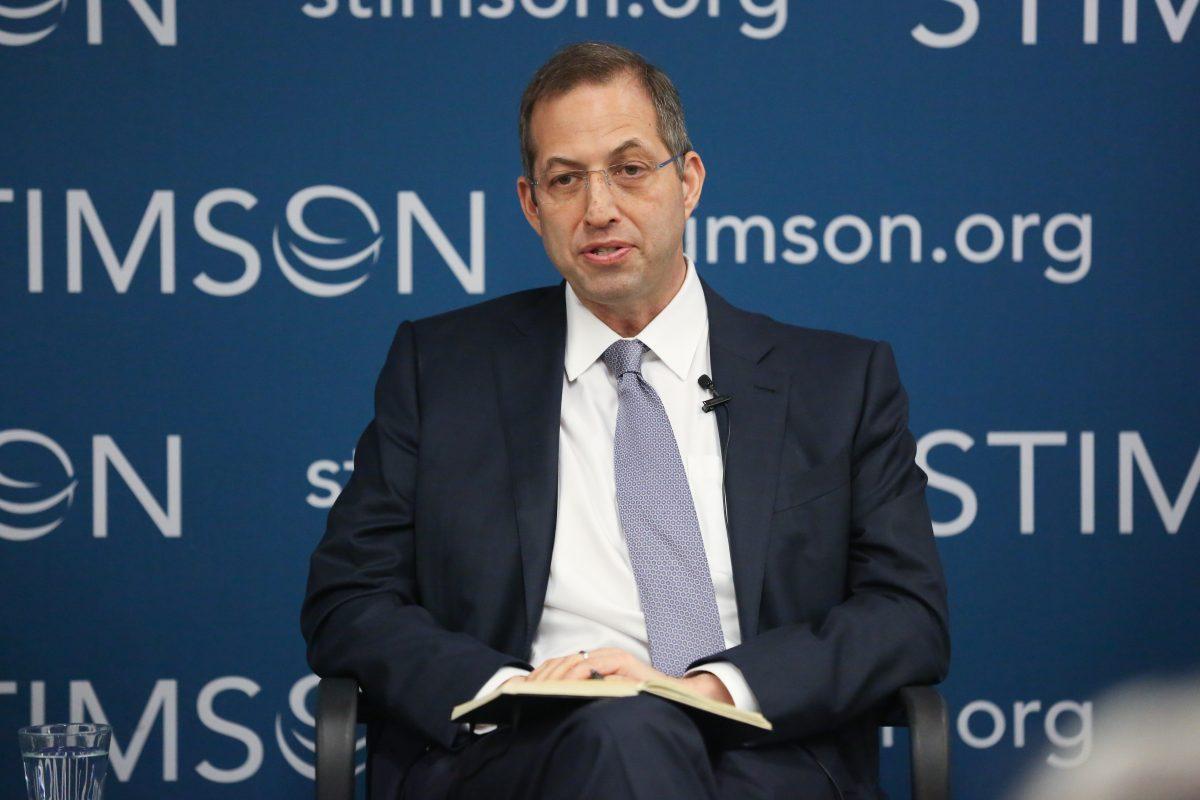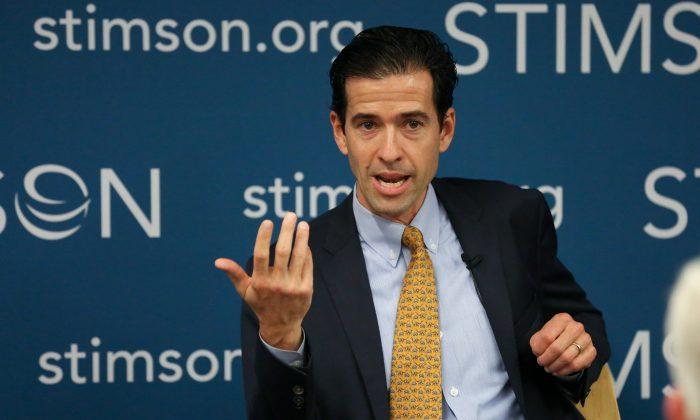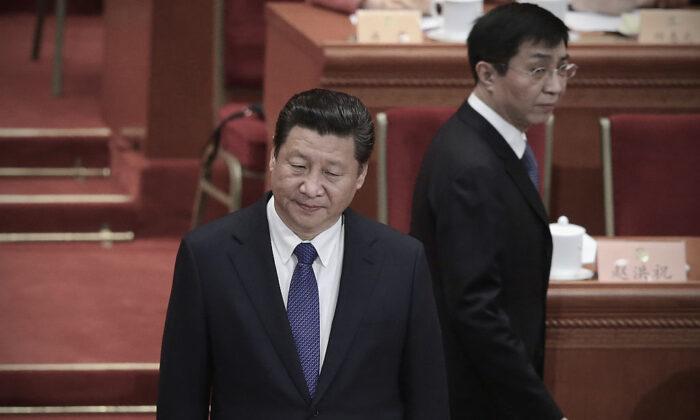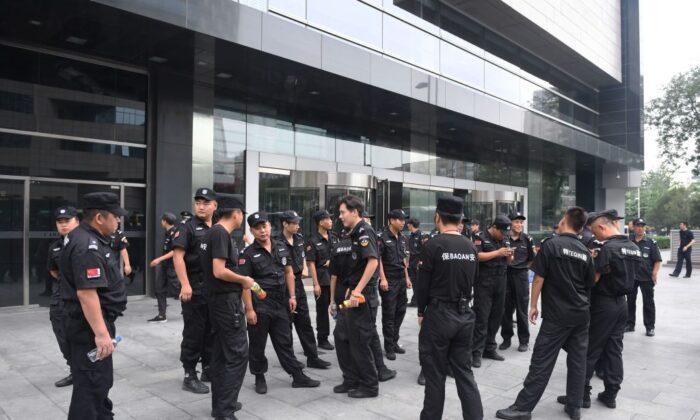WASHINGTON—The United States may be as divided as it can be in many ways, but one thing unites it, and that is China, experts say. That unity has expressed itself in a foreign policy that won’t change much after the midterm elections.

Mitchell said that when it comes to trade issues, security issues, human-rights issues, and job issues, the American people are united by concerns about China’s effect in the United States and overseas.
“People are really concerned about what this means for the United States, for their pocketbooks as well, for their positions in the world, and for the norms and standards and values that we stand up for with our allies.”
Mitchell made his remarks during a panel discussion considering U.S. foreign policy’s impact on the Indo-Pacific region at the Stimson Center in Washington on Nov. 2.
Twining said that for the U.S. public, “Trump may be more a vehicle for a set of sentiments in the United States around China than a great evangelist. He actually may not be your preferred messenger, but there has been tension building in this U.S.-China relationship for a long time, around the way China behaves externally. And we are overdue for a course correction.”
Mitchell thinks that “China is overconfident, maybe about some of the things that happened in 2009, maybe some engagement signals early on in the Obama administration.”
But the world is pushing back, Mitchell said.
“It is not as if the U.S. is doing this. It is China itself. They think they represent something that the world may desire. Maybe they feel their power is irrepressible, or irresistible. Maybe they feel their money is irresistible and they can buy countries? And they think these countries are bought by their aid or by their assistance to do influence operations?
“I think folks are seeing China for what it is. The mask is off in some ways,” he added.
Mitchell thinks that the reason why people’s views about China have changed isn’t that China has changed, but because “they are revealing themselves sooner. That is having an effect much more than the American policy is.”
Mitchell thinks there is generally a bipartisan consensus about China about such basic principles as fairness, equity, transparency, and reciprocity. The differences lie only on the specifics and tactics about how to achieve these.
“What we work on is democracy, and affirming human dignity in the world, ”Mitchell said.
Mitchell thinks that how to deal with China “is not a U.S.-China thing. It is finding like-minded nations who see things like we do, who want the same standards and norms, who want their own sovereignty to be affirmed, not to be offended by major powers, external powers. We’d like to empower those voices and their own sovereignty.
“So it is not just about China itself, but it is about how we deal with others, in relation to what China represents and what it is exporting,” he said.
Twining thinks there won’t be much foreign-policy change after the midterm elections. “Congress has done much legislation on foreign policy that is very bipartisan in the past two years.”
He cited the sanctions against Russia, North Korea, and Iran, the BUILD Act, and the motion supporting NATO, all of which were passed by an overwhelming majority.





Friends Read Free